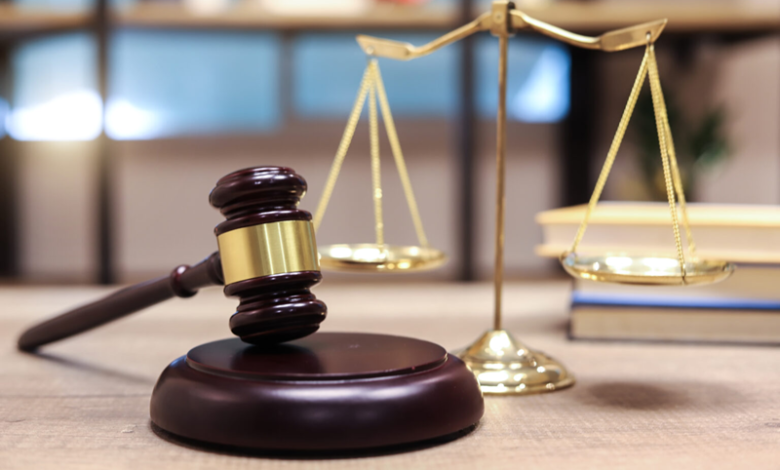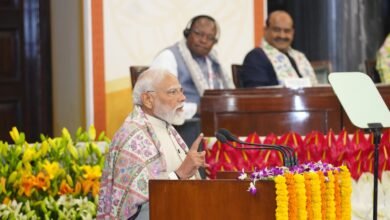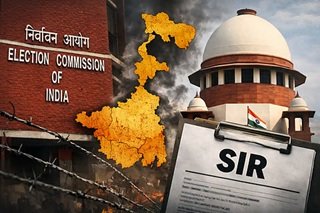Understanding Rape Under Indian Law: Existing Measures And The Urgent Need For Action

News Mania Desk/Agnibeena Ghosh/21st August 2024
Rape, as defined by Indian law, is an unlawful sexual act involving force, threat, or coercion against an individual’s will. Section 375 of the Indian Penal Code (IPC) of 1860 precisely outlines the various circumstances under which rape is committed. These include situations where consent is obtained under duress, through deceit, or when the victim is incapable of giving valid consent due to age, mental incapacity, or intoxication. The definition is comprehensive, acknowledging that rape can involve penetration of any kind, whether by a body part or an object.
The horrific rape and murder of a postgraduate trainee doctor at Kolkata’s RG Kar Medical College has brought to the forefront the persistent issues of violence against women, the effectiveness of the legal system, and societal attitudes. The evolution of rape laws in India shows that public outcry in response to such brutal crimes has frequently driven legal reforms.
Legal Amendments Following the Nirbhaya Case
The brutal gang rape in Delhi in 2012, infamously known as the Nirbhaya case, was a turning point for Indian society and its legal system. The incident, which shook the nation, led to the introduction of the Criminal Law (Amendment) Act in 2013, which made significant changes to the existing laws. The minimum sentence for rape was increased from seven to ten years, with the possibility of life imprisonment or the death penalty in cases where the victim dies or is left in a vegetative state. The Act also introduced harsher penalties for repeat offenders and for those who commit aggravated rape—where the crime is committed by someone in a position of authority or trust, or under particularly violent circumstances.
Protecting Children from Sexual Offenses: The POCSO Act
The Protection of Children from Sexual Offenses (POCSO) Act of 2012 was another crucial step in addressing sexual crimes, particularly those against minors. This gender-neutral law aims to protect children from sexual abuse, harassment, and exploitation. It categorizes various forms of sexual abuse and imposes stringent penalties, including life imprisonment, for those found guilty. The Act also covers offenses related to child pornography, with severe punishments prescribed for such crimes.
Rights of Rape Victims in India
India’s legal system has established several rights to protect and support rape victims. One such right is the Right to Zero FIR, which allows a victim to file an FIR at any police station, regardless of where the crime occurred. This ensures that victims can seek help without delay or jurisdictional complications. Victims also have the right to free medical treatment at any hospital, private or public, as mandated by Section 357C of the Code of Criminal Procedure. Hospitals are legally required to provide immediate medical care without charging the victim, and failure to do so is punishable under law.
Another crucial protection is the prohibition of the two-finger test during medical examinations, as it violates the victim’s right to privacy and dignity. Instead, doctors are required to use a medico kit for collecting evidence and must follow strict guidelines during the examination.
The legal process also ensures a harassment-free and time-bound police investigation, prioritizing the victim’s dignity and safety throughout the proceedings. This legal framework aims to empower victims, ensuring they receive justice while deterring potential offenders by imposing strict penalties for such crimes.
However, despite these laws it is unfortunate that India, the world’s second-most populous country, is grappling with alarmingly high crime rates, with rape being the fourth most common crime. The heinous nature of this crime leaves victims deeply scarred, with an average of 88 cases reported daily across the nation, according to the National Crime Records Bureau (NCRB) 2019 report. The trauma inflicted on the victims is profound, often resulting in lasting psychological and emotional damage.
Hence, it is high time that the laws which punish rapists be made more stringent and are enforced timely, such that it deters future criminals. History has shown us that whenever all of India has come together to protest against this heinous crime, reforms have been put in place. Following the RG Kar case, not only all of India, but communities from all over the world have together in protest. Rape is a crime against humanity, it hurts the very being of our society. We must all strive towards a society where women, and humans in general, are protected and secure.






